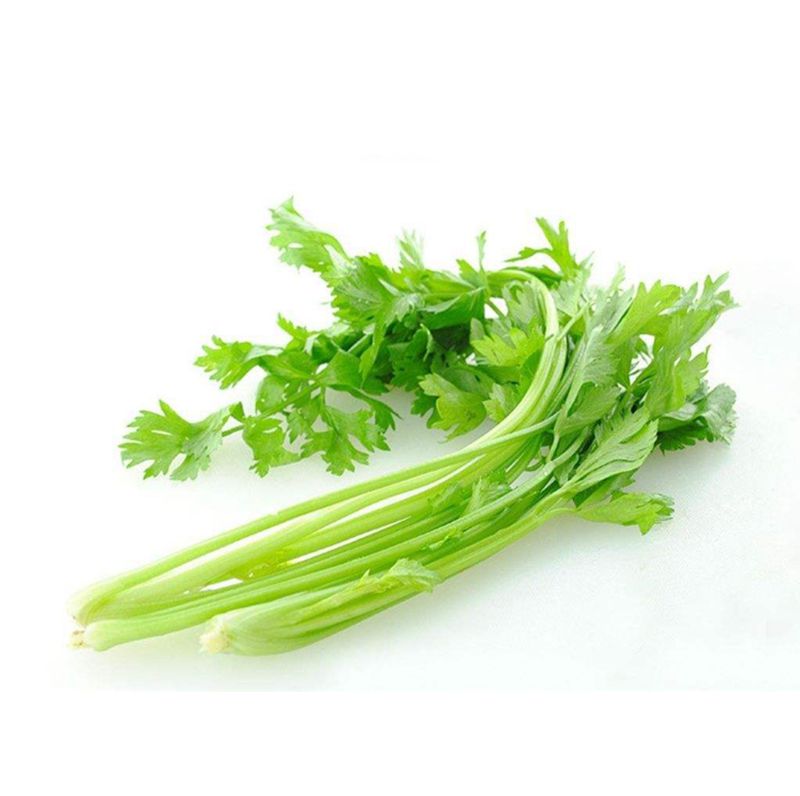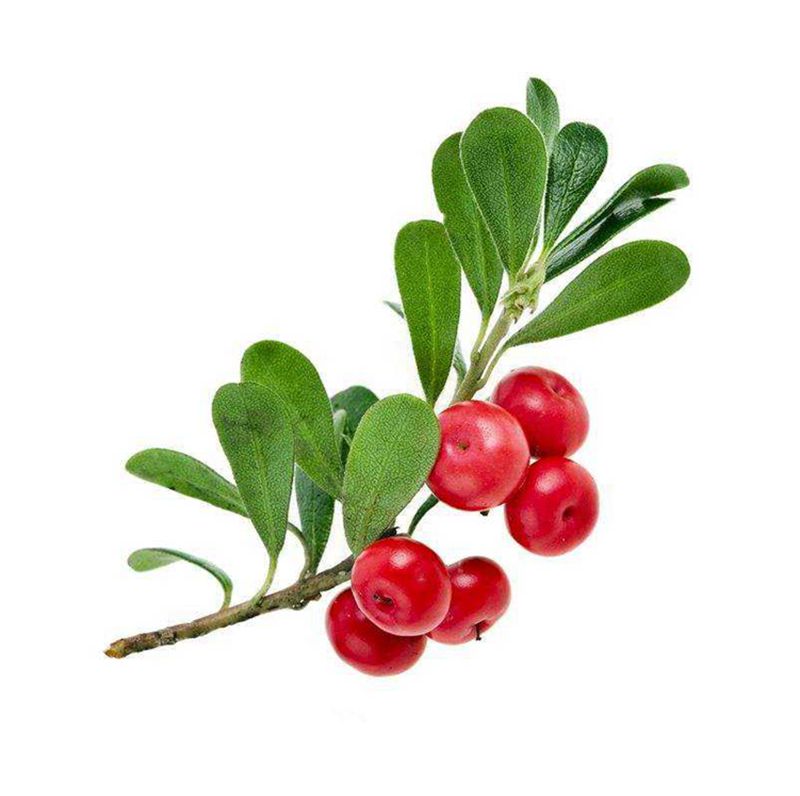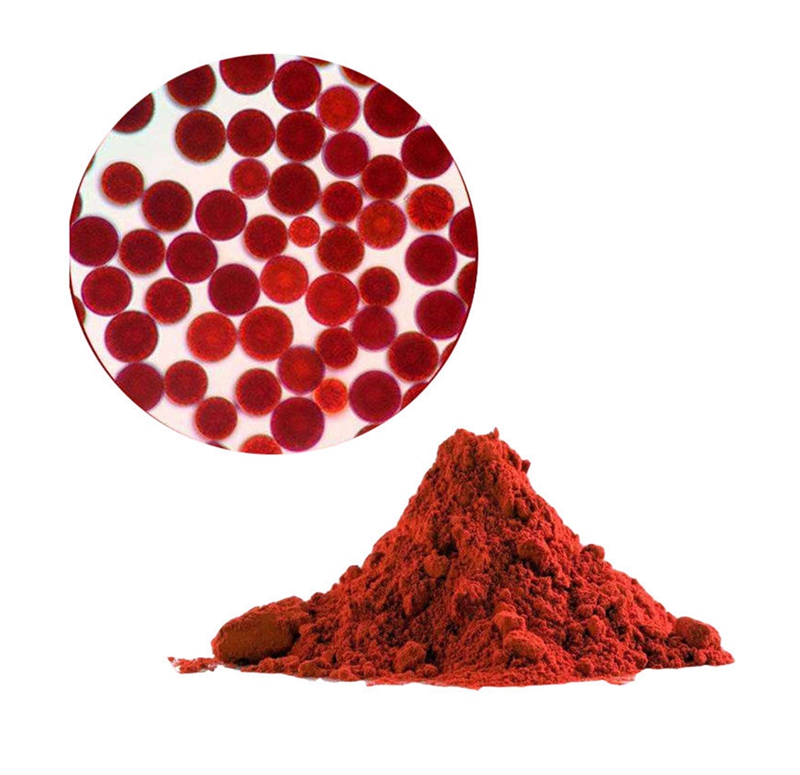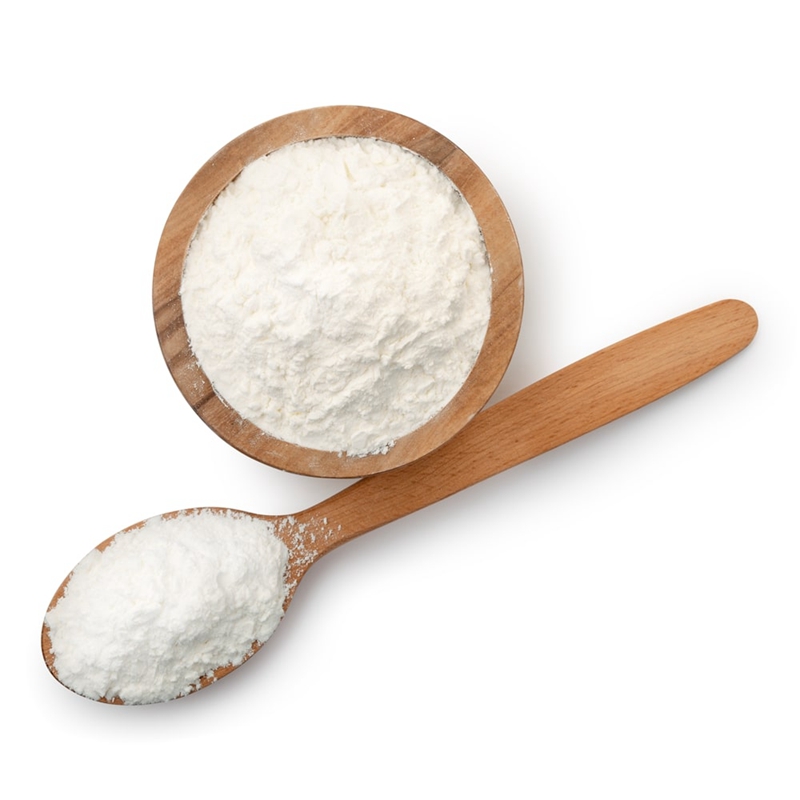
Artemether CAS 71963-77-4 Artemisia Annua Extract
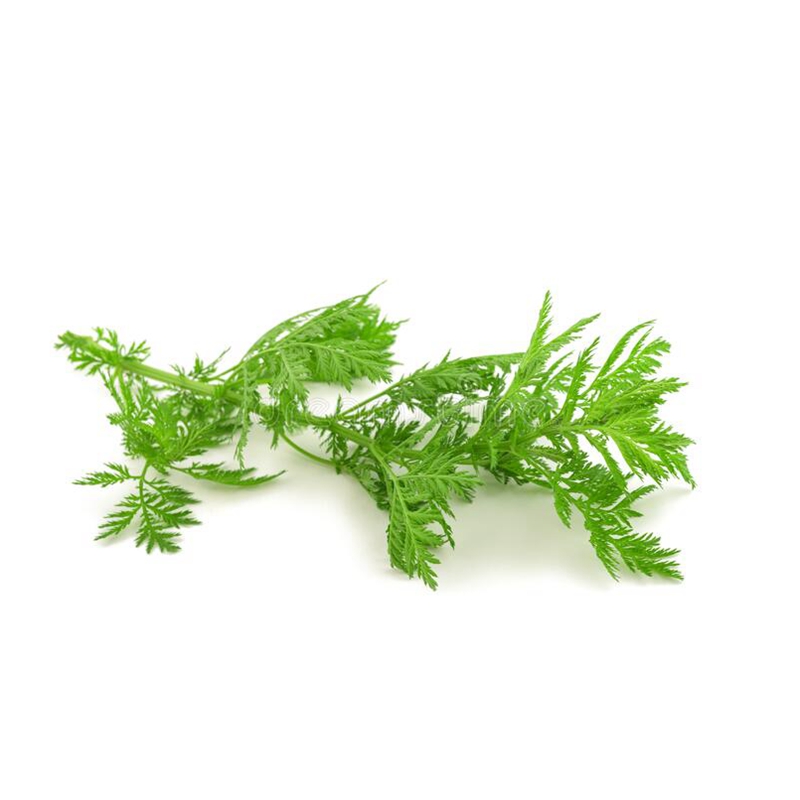
| Ingredient Variation | N/A |
| Cas No | 71963-77-4 |
| Chemical Formula | C16H26O5 |
| Molecular weight | 298.37 |
| EINECS no. | 663-549-0 |
| Melting point | 86-88 ° C |
| Boiling point | 359.79 ° C (rough estimate) |
| Specific rotation | D19.5+171°(c=2.59inCHCl3) |
| Density | 1.0733 (rough estimate) |
| Index of refraction | 1.6200(estimate) |
| Storage conditions | Room temp |
| Solubility | DMSO≥20mg/mL |
| Appearance | Powder |
| Synonyms | Artemetherum/Artemtherin/Dihydroartemisininmethylether |
| Solubility | Soluble in Water |
| Categories | Plant extract, Supplement, Health care |
| Applications | Anti-malarial |
Artemether is a sesquiterpene lactone found in the roots of Artemisia annua, commonly known as sweet wormwood. It is a potent antimalarial drug that is used to treat and prevent malaria. Artemisinin, the precursor of artemether, was first extracted from the plant in the 1970s, and its discovery earned Chinese researcher Tu Youyou the Nobel Prize in Medicine in 2015.
Artemether works by destroying the parasites responsible for causing malaria. Malaria is caused by a protozoan parasite called Plasmodium, which is transmitted to humans through the bite of infected female Anopheles mosquitoes. Once inside the human host, the parasites multiply rapidly in the liver and the red blood cells, causing fever, chills, and other flu-like symptoms. If left untreated, malaria can be fatal.
Artemether is highly effective against the drug-resistant strains of Plasmodium falciparum, which account for the majority of malaria-related deaths worldwide. It is also effective against other types of Plasmodium parasites that cause malaria. Artemether is usually administered in combination with other drugs, such as lumefantrine, to reduce the risk of drug resistance.
Apart from its use as an antimalarial drug, artemether has also been found to have other therapeutic properties. Studies have shown that it has anti-inflammatory, anti-tumor, and anti-viral activities. It has been used to treat arthritis, lupus, and other autoimmune diseases. It has also been investigated for its potential to treat COVID-19, although more research is needed to confirm its efficacy.
Artemether is generally safe and well-tolerated when used as directed. However, like all drugs, it can cause side effects. The most common side effects of artemether include nausea, vomiting, dizziness, and headaches. In rare cases, it can cause serious adverse reactions, such as heart palpitations, seizures, and liver damage.
In conclusion, artemether is a potent antimalarial drug that has revolutionized malaria treatment and prevention. Its discovery has saved countless lives and earned recognition for the scientific community. Its other therapeutic properties make it a promising candidate for the treatment of other diseases. Although it can cause side effects, its benefits far outweigh its risks when used under medical supervision.
The commonly used dosage forms include tablets, capsules and injections. The drug types are antimalarial drugs, and the main component is artemether. The causative character of artemether tablets was white tablets. The character of artemether capsule is capsule, the contents of which are white powder; The drug character of artemether injection is colorless to light yellow oil - like liquid.

Raw Materials Supply Service
Justgood Health selects raw materials from premium manufacturers around the world.

Quality Service
We have a well-established quality management system and implement strict quality control standards from warehouse to production lines.

Customized Services
We provide the development service for the new products from laboratory to large scale production.

Private Label Service
Justgood Health offers a variety of private label dietary supplements in capsule, softgel, tablet, and gummy forms.




